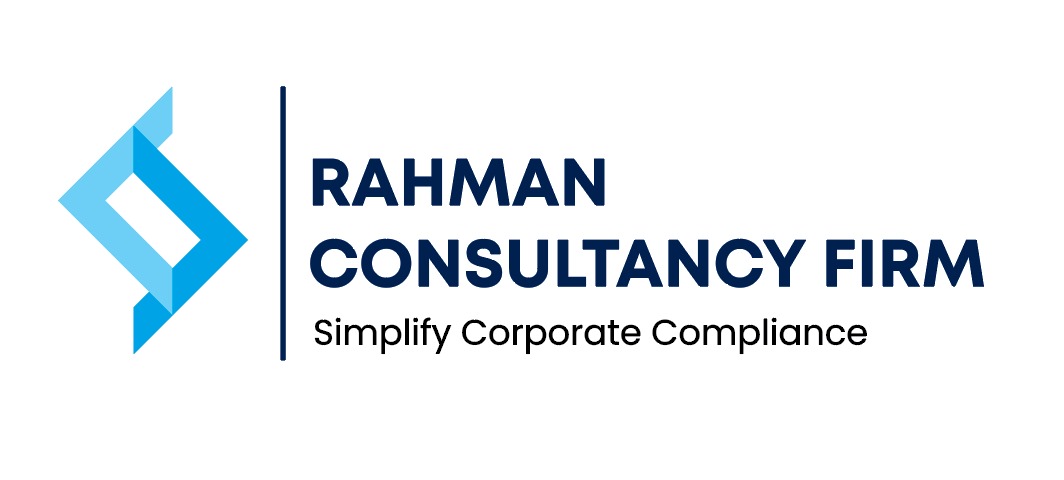Why Financial Feasibility Study of a Project is Very Crucial for Investment Decision
When embarking on any project—be it launching a new business, expanding operations, or investing in infrastructure—one of the most important steps in the decision-making process is conducting a financial feasibility analysis. It’s not just a formality or a checkbox on a list; it’s the backbone of sound decision-making. Ignoring this critical step can lead to wasted resources, unmet goals, and even complete project failure.
In this blog post, we’ll explore why the financial feasibility of a project is so crucial and how it can make or break the success of your initiative.
What is Financial Feasibility?
Financial feasibility refers to the assessment of whether a project is financially viable, based on estimates of costs, revenues, profitability, and return on investment. This includes analyzing:
- Capital requirements
- Operating costs
- Expected revenues
- Break-even analysis
- Funding sources
- Profit margins
- Risk and sensitivity analysis
It answers the key question: Can this project generate enough value to justify the investment?
💸 1. Helps Avoid Costly Mistakes
Projects often fail due to underestimated costs or overestimated revenues. A financial feasibility study forces project planners to assess realistic budgets, forecast cash flows, and consider hidden costs. Without this, there is a high risk of overspending, poor planning, or running out of funds mid-way.
🤝 2. Assures Stakeholders and Investors
Whether it’s internal stakeholders, banks, or external investors, everyone wants to know that their money is being used wisely. A sound financial feasibility study gives them confidence that the project is sustainable and will yield acceptable returns. It’s often a prerequisite for securing funding.
📊 3. Aids in Decision-Making and Prioritization
Organizations often juggle multiple project opportunities. A financial feasibility analysis allows them to compare options objectively. Projects that offer higher returns at lower risks are prioritized, while those with weak financial prospects can be modified or shelved before wasting time and money.
💰 4. Reveals Funding Needs and Cash Flow Gaps
Even a profitable project can fail if it runs into cash flow issues. Financial feasibility studies help identify when funding will be required and how much, allowing project leaders to plan financing strategies or adjust timelines accordingly.
🌱 5. Supports Long-Term Sustainability
A project that looks good in the short term may not be sustainable in the long run. Feasibility analysis takes into account future market conditions, recurring costs, and growth potential. It ensures that the project is not just viable today but remains financially sustainable in the future.
⚠️ 6. Prepares for Risks and Contingencies
Financial feasibility includes risk analysis, which helps identify vulnerabilities such as market fluctuations, regulatory changes, or cost overruns. This allows project managers to develop mitigation strategies and stay prepared for various scenarios.
✅ Conclusion
Financial feasibility is not just about numbers—it’s about making informed, strategic decisions. It’s a critical checkpoint that separates ideas with real potential from those that are likely to fail. Before committing resources, time, and effort, evaluating the financial feasibility of a project ensures that you’re moving forward with clarity, confidence, and a solid plan for success.
